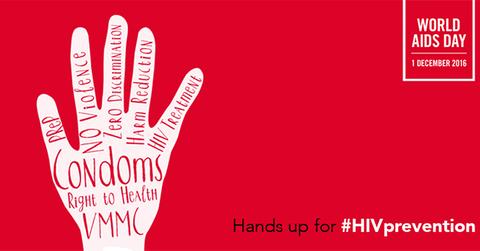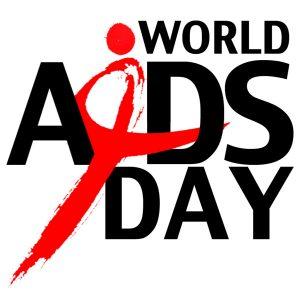
Five Facts You Should Know On World AIDS Day
By MichelleDec. 2 2017, Updated 6:50 p.m. ET

Via Twitter
As women, checking up on and taking care of our bodies is important. In wake of #WorldAIDSDay, here are five facts that Bombshell thinks you should know about HIV/AIDS to prevent it from happening to you.
1.) AIDS (Acquired Immunodeficiency Syndrome) is the last stage of HIV infection. HIV (Human Immunodeficiency Virus), weakens the immune system and makes the body more vulnerable to infection and disease (Via Mayo Clinic)
2.) AIDS can be passed through unprotected sexual intercourse, blood transfusion, shared use of contaminated injection tools (needles) or surgical equipment, or can be passed down from mother to child during pregnancy, childbirth, and breastfeeding. (Via World Health Organization)
3.) Although HIV and AIDS need to be diagnosed by a doctor there are symptoms that you can look out for. Those with HIV may experience fever, fatigue, and sore throat while those with AIDS may experience weight loss, fatigue, recurrent infections, night sweats, and fever. (Via Mayo Clinic)
4.) HIV can be treated with combination antiretroviral therapy which can slow down HIV reproduction. (Via World Health Organization)
5.) Confiding in your partner, whether that person is connected through sex or shared needles, is crucial in stopping the epidemic. If you’re having a hard time telling your partner that they have been exposed to HIV, the Center For Disease Control and Prevention Start Talking.Stop HIV campaign will give you tips on how to. You can also go through partner notification or partner services – this process is conducted by your local health department or doctor and will anonymously notify your partner that they have been exposed to HIV. (Via www.hiv.gov)

